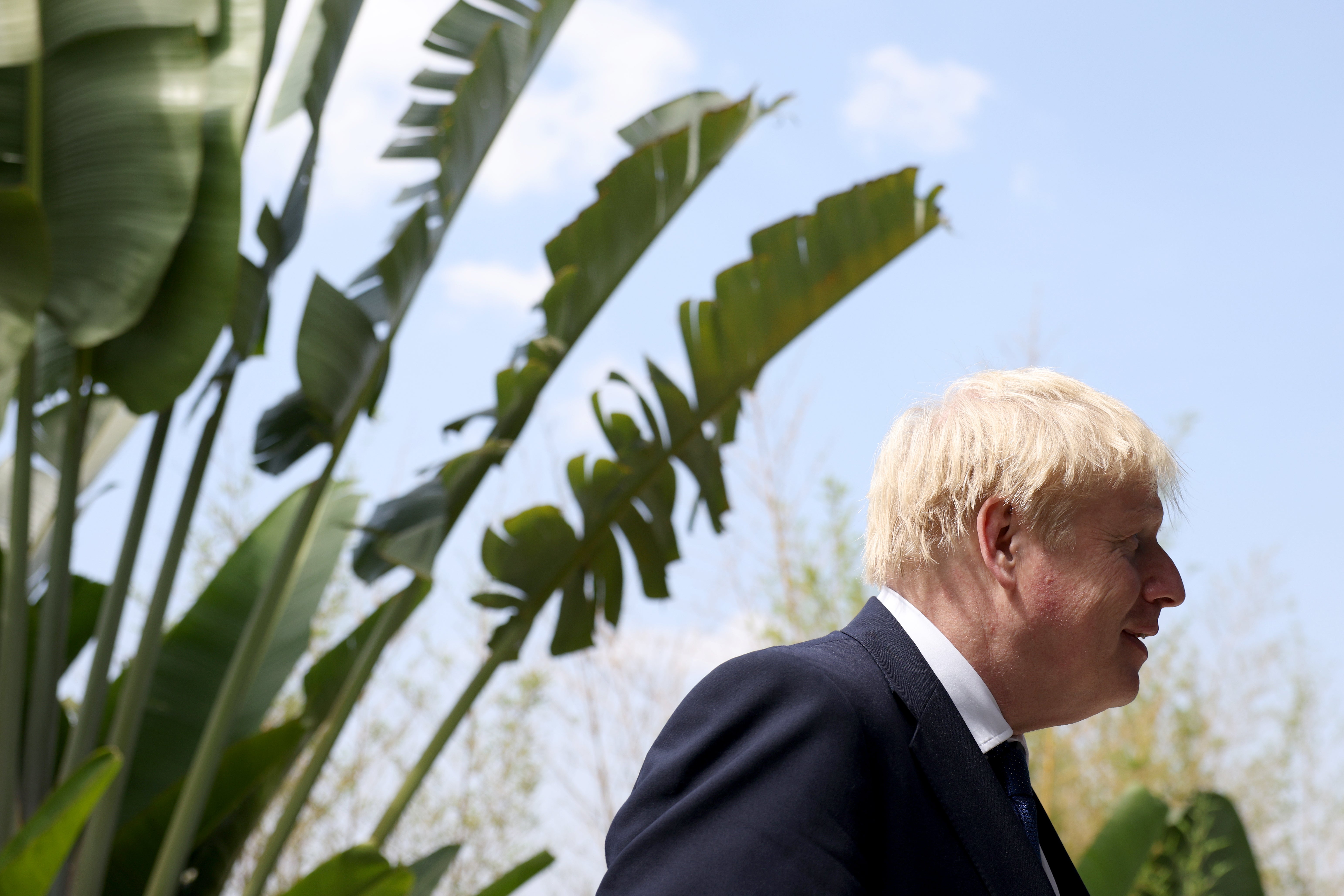PM suggests ban on new grammar schools could be lifted across the country
Boris Johnson indicated he was not opposed to the move, but said ‘you need to look at how you do it’.

Your support helps us to tell the story
From reproductive rights to climate change to Big Tech, The Independent is on the ground when the story is developing. Whether it's investigating the financials of Elon Musk's pro-Trump PAC or producing our latest documentary, 'The A Word', which shines a light on the American women fighting for reproductive rights, we know how important it is to parse out the facts from the messaging.
At such a critical moment in US history, we need reporters on the ground. Your donation allows us to keep sending journalists to speak to both sides of the story.
The Independent is trusted by Americans across the entire political spectrum. And unlike many other quality news outlets, we choose not to lock Americans out of our reporting and analysis with paywalls. We believe quality journalism should be available to everyone, paid for by those who can afford it.
Your support makes all the difference.The Prime Minister has suggested the ban on new grammar schools could be lifted across the country, as he said he has “never been against academic selection”.
Boris Johnson indicated he was not opposed to the move, but said “you need to look at how you do it”.
Education Secretary Nadhim Zahawi has said he wants to “spread the DNA” of grammar schools through the system, absorbing more of the institutions into a “family of multi-academy trusts” while protecting their status.
But there remains a ban on opening up any more, imposed by Labour more than 20 years ago.
Tory MP Jonathan Gullis, a former teacher who sits on the Commons Education Committee, has launched a campaign to scrap the ban on new grammars.
Sir Graham Brady, chairman of the backbench 1922 Committee, also wants to see the rule overturned, and is set to table an amendment to the Schools Bill in a move to bring about the change.
Asked if he agrees with MPs who say the ban should be lifted, Mr Johnson said “you need to look at how you do it”.
Speaking to reporters at the British high commissioner’s residence in Kigali, Rwanda, where he had been attending a Commonwealth leaders summit, he said: “I’m focused on what we can do to sort out the cost of living, sort out growth, get this country more productive.
“I’ve never been against academic selection – far from it – but you need to look at how you do it.”
Pressed on whether this would apply across the country, the Prime Minister repeated: “You need to look at how you do it.”
In 2016, then-prime minister Theresa May pledged to create a raft of new grammars.
However the promise did not feature in the most recent Tory manifesto, when Mr Johnson ran for office.
Latest statistics show there are 163 grammar schools in England, with many concentrated in certain areas of the country, such as Kent and Buckinghamshire.
The vast majority of these are academies, while 20 are maintained schools.
The institutions select pupils based on academic ability, and youngsters typically take an entrance exam known as the 11-Plus.